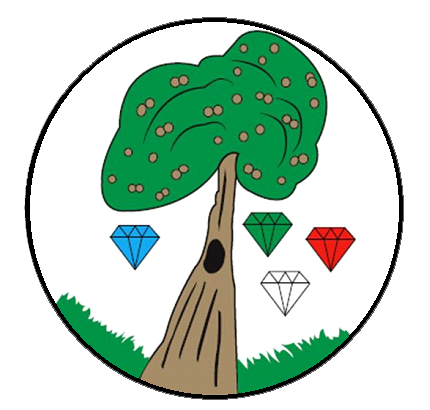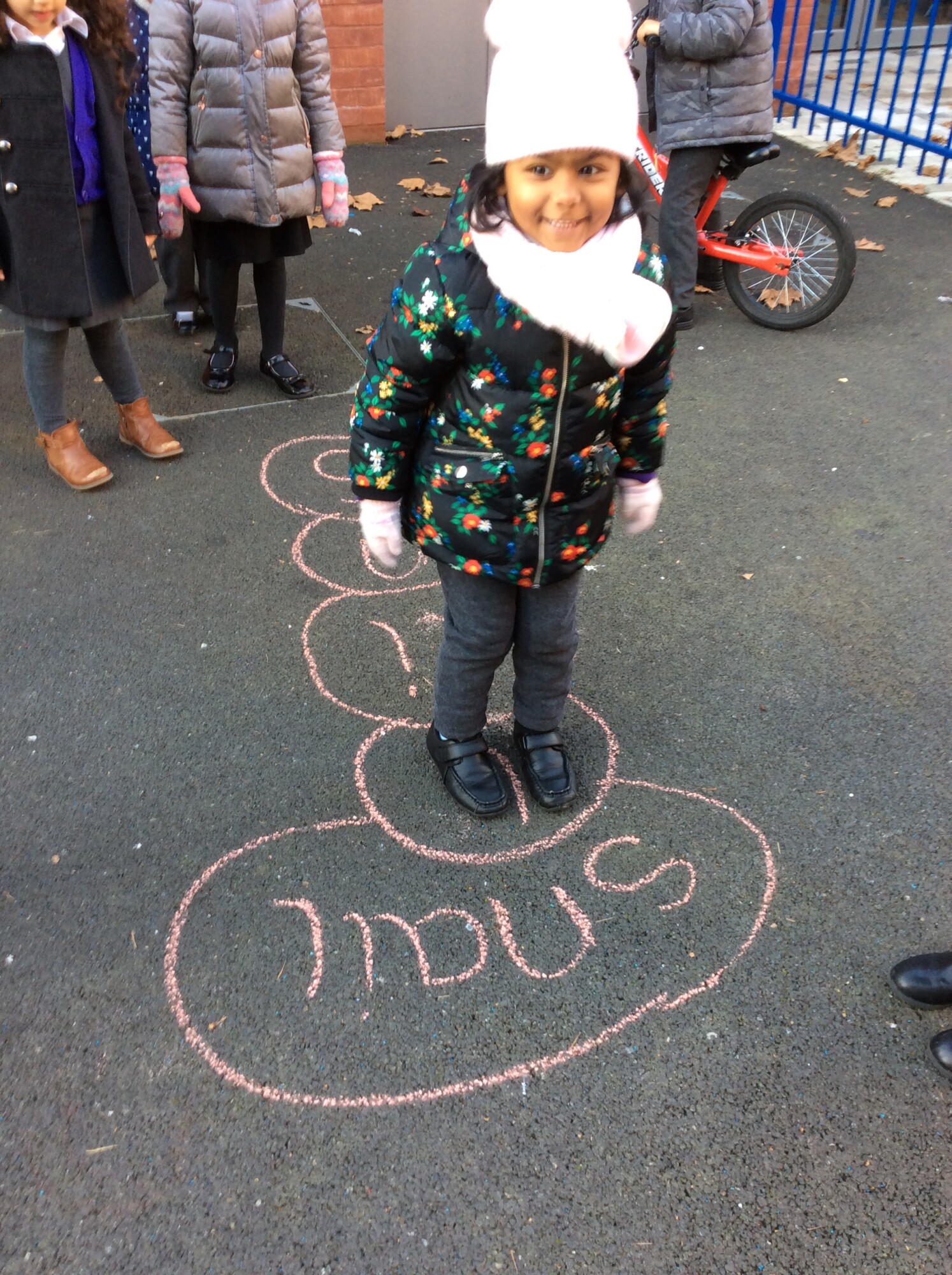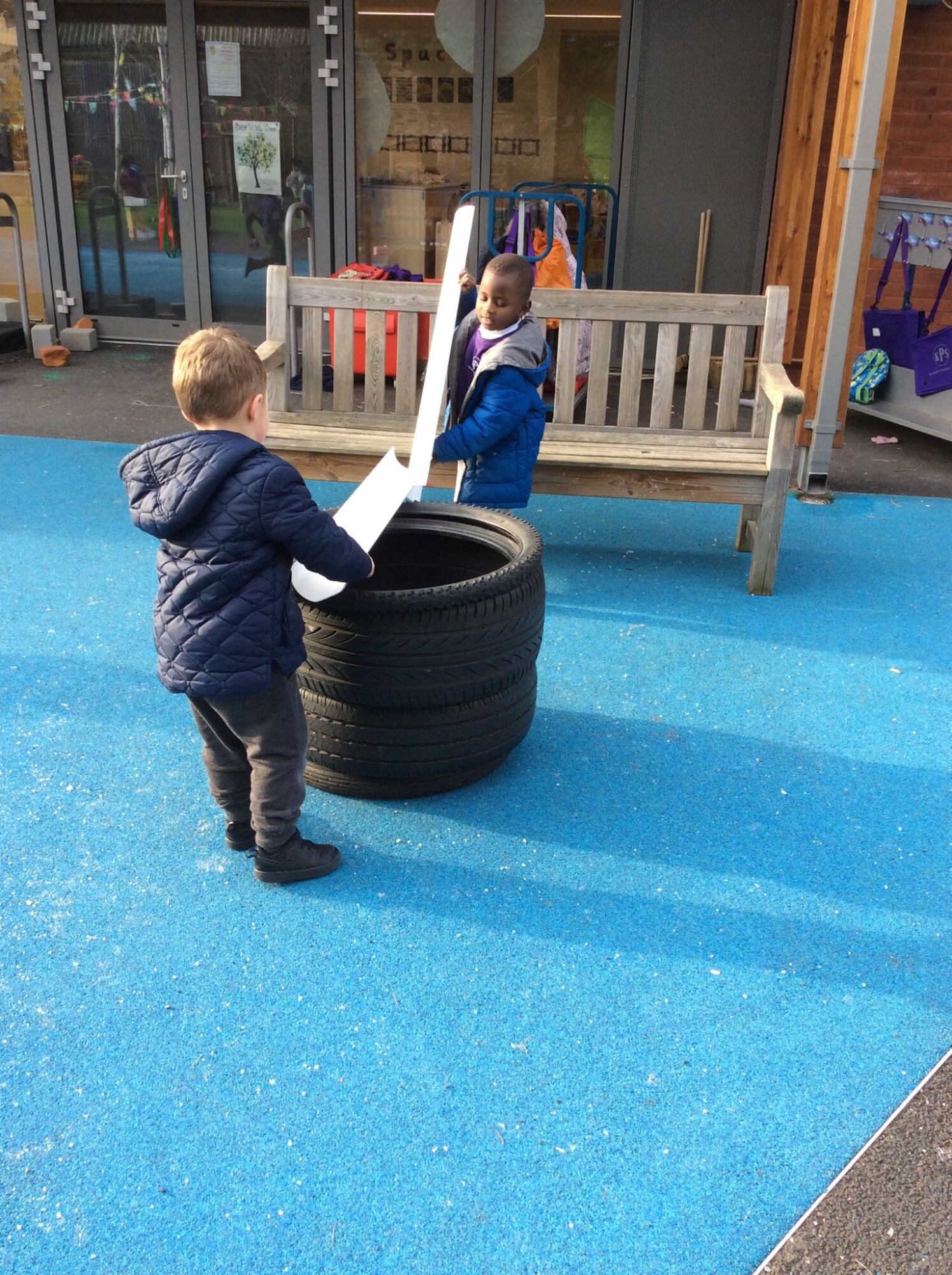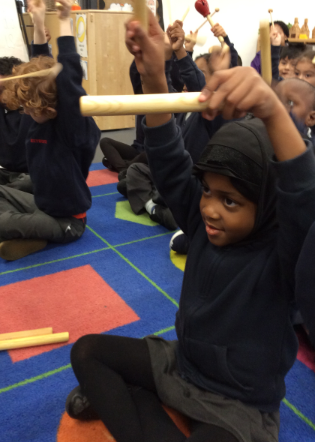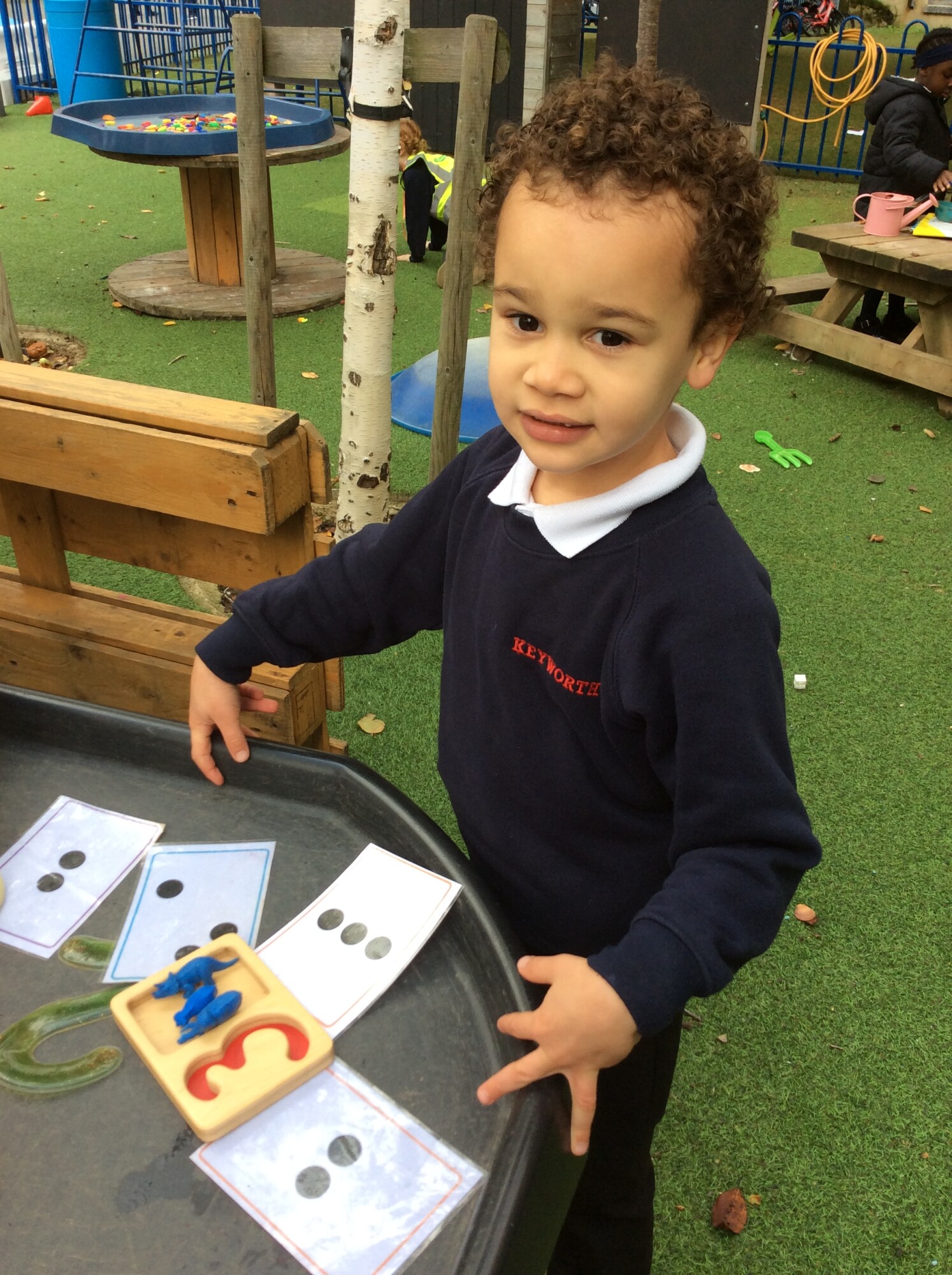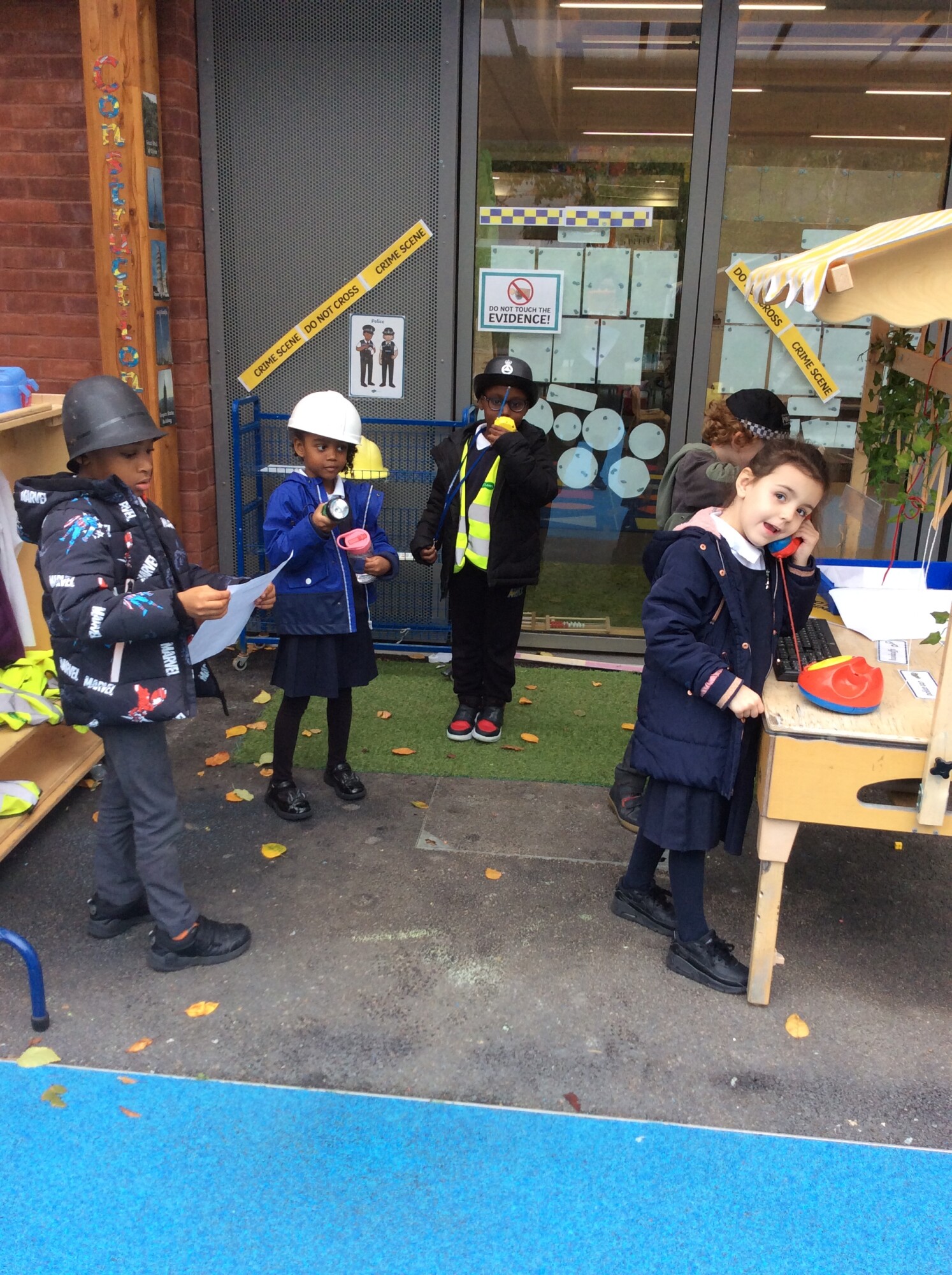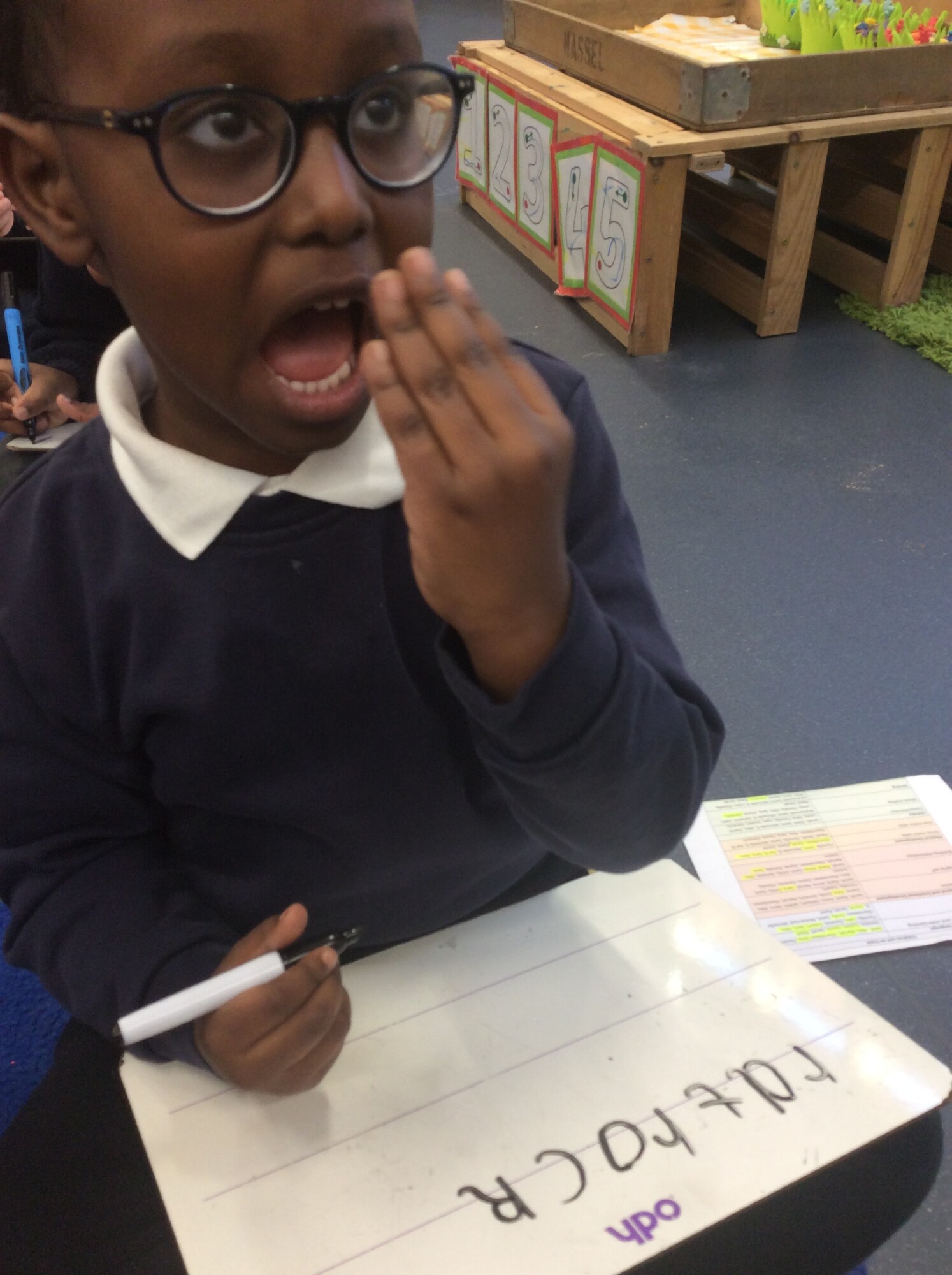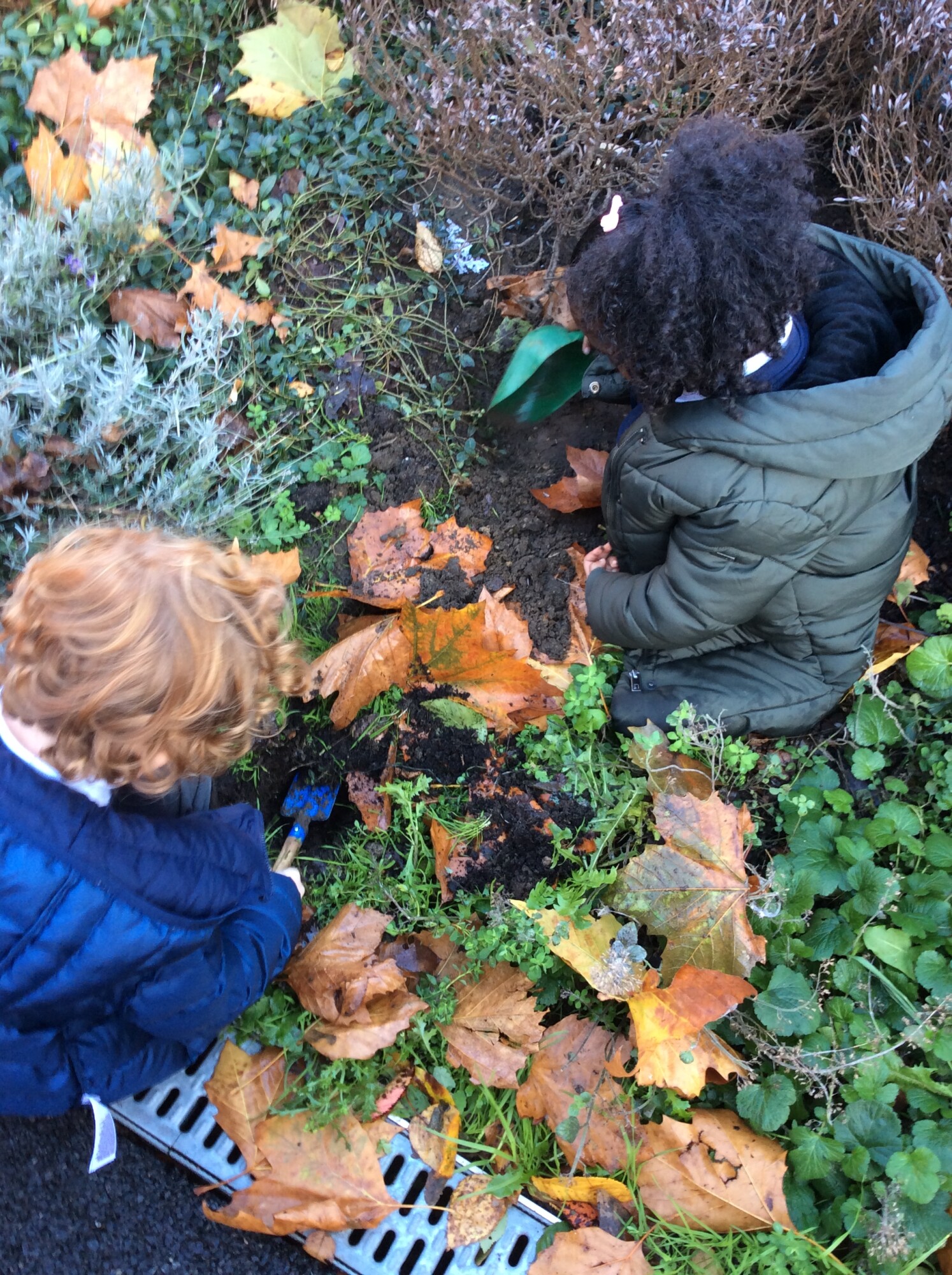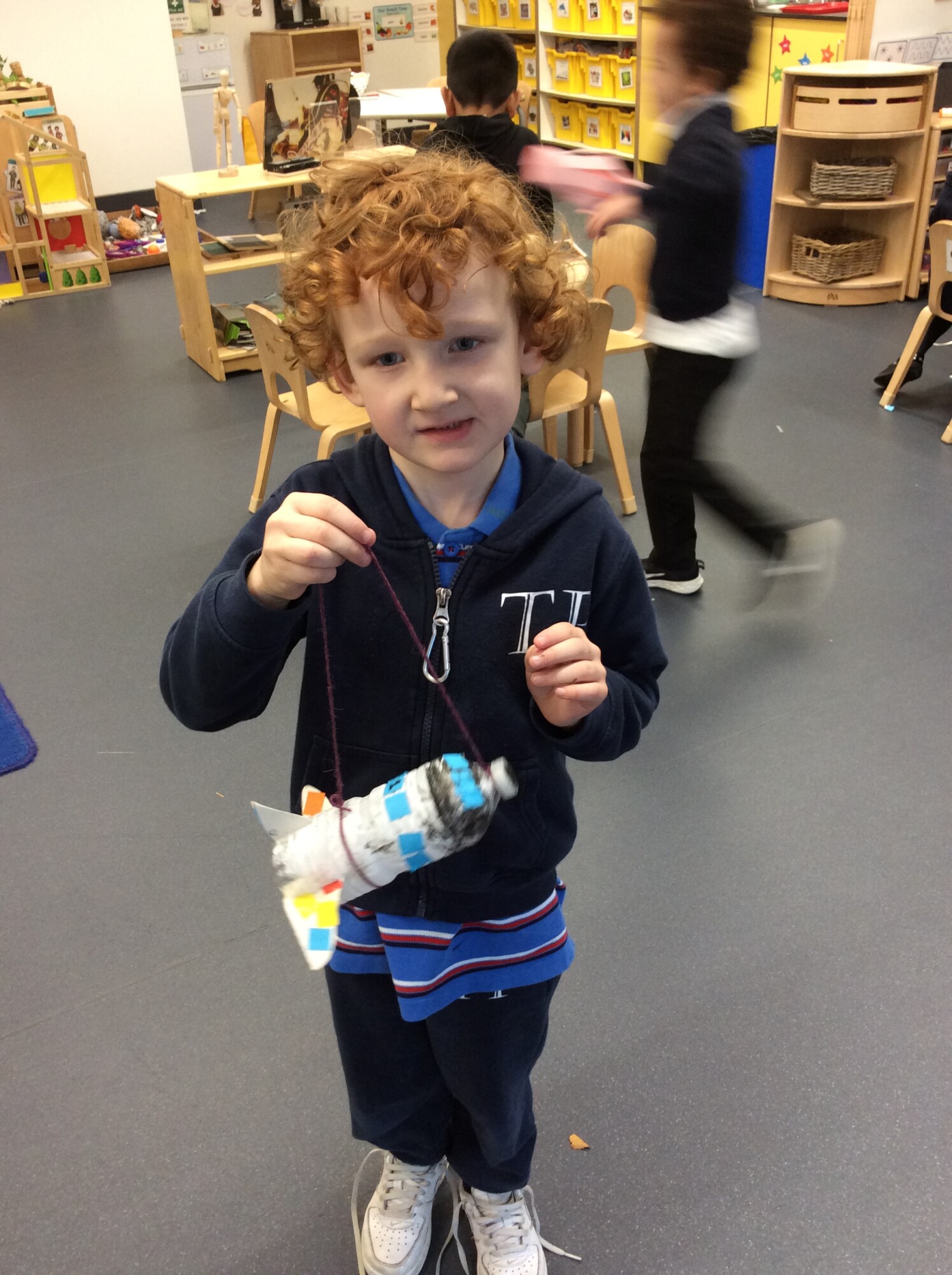Learning Hub
EYFS
The Early Years curriculum at Keyworth Primary School is designed to provide a broad and balanced education that meets the needs of all pupils within our care.
Through the seven areas of learning, we provide topics that excite and engage children, building on their own interests and developing their experiences of the world around them.
We recognise that children come into our setting with different experiences from others in their learning and play. It is the role of our setting to help children experience the awe and wonder of the world in which they live. All staff work hard to ensure that the learning opportunities provided widen children’s knowledge and understanding of the world, setting ambitious expectations for all children.
We believe that children learn best in early years through play and exploration. Children are encouraged to join in activities, to be independent and to make choices. We provide stimulating and well-resourced learning spaces, where provision is carefully planned to challenge, motivate and develop children’s skills within the 7 areas of learning.
We know children who feel positive, engaged and involved will learn better. Staff at Keyworth Primary School build positive relationships with all children, parents and carers. With the support of parents, we provide a strong base for helping children develop in confidence and independence.
Throughout the Early Years Foundation Stage each child’s development will be observed, assessed and monitored by the adults. These assessments will be made in relation to the ‘Birth to Five’ statements in the EYFS framework.
The Birth to Five document is split into the Prime and Specific Areas.
The Prime areas are:
Communication and Language Development involves giving children opportunities to experience a rich language environment; to develop their confidence and skills in expressing themselves; and to speak and listen in a range of situations
Physical Development involves providing opportunities for young children to be active and interactive; and to develop their co-ordination, control, and movement. Children must also be helped to understand the importance of physical activity and to make healthy choices in relation to food
Personal, Social and Emotional Development involves helping children to develop a positive sense of themselves, and others; to form positive relationships and develop respect for others; to develop social skills and learn how to manage their feelings; to understand appropriate behaviour in groups; and to have confidence in their own abilities
The Specific Areas are:
Literacy Development involves encouraging children to link sounds and letters and to begin to read and write. Children must be given access to a wide range of reading materials (books, poems, and other written materials) to ignite their interest
Mathematics involves providing children with opportunities to develop and improve their skills in counting, understanding and using numbers, calculating simple addition and subtraction problems; and to describe shapes, spaces, and measure
Understanding the World involves guiding children to make sense of their physical world and their community through opportunities to explore, observe and find out about people, places, technology and the environment
Expressive Arts and Design involves enabling children to explore and play with a wide range of media and materials, as well as providing opportunities and encouragement for sharing their thoughts, ideas and feelings through a variety of activities in art, music, movement, dance, role-play, and design and technology
We aim to ensure that our planned provision around those 7 areas also supports the Characteristics of Effective Learning:
Characteristics of Effective Learning
Playing and Exploring – finding out and exploring, playing with what they know and being willing to ‘have a go’.
Active Learning – being involved and concentrating, persevering and enjoying achieving, what they set out to do.
Creating and Thinking Critically – having their own ideas, making links and choosing ways to do things.
Our school community
As a school we have an open-door policy where we welcome feedback, suggestions and ideas. We value the importance of having parents, carers and people from our local community involved in the children's learning journey throughout our school. We believe that by welcoming people from our local community into school the children will have a wider range of experiences and opportunities. We strive to make sure the children in our school get the best learning experiences and so put our school community at the heart of this.
In EYFS, we often invite parents and carers into our classrooms to join us for things such as workshops and celebration days where the children and parents learn together. We always have so much fun!
As a parent, carer or a member of our local community at our school you are always welcome, if there is something you would like to help with, showcase or be a part of, then please come and talk to us. Below are some photos of some of our events, ideas and activities that we have had this year, these include baking, gardening and completing a sponsored walk.
